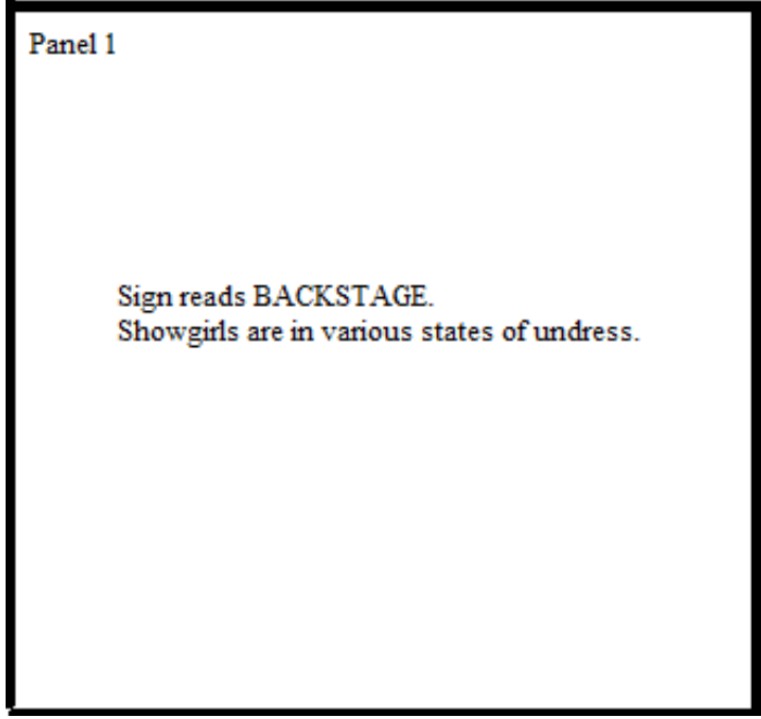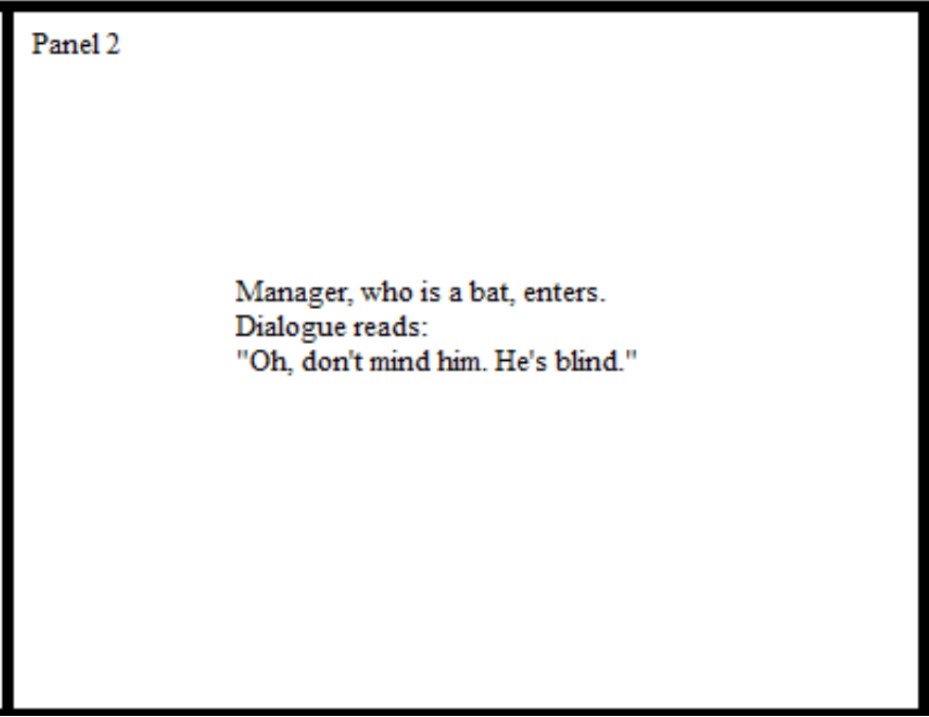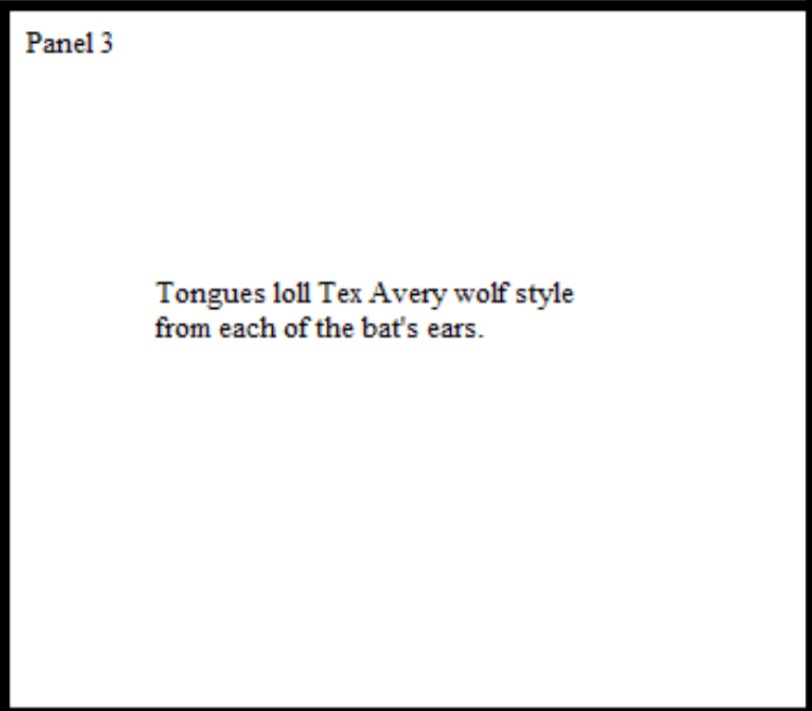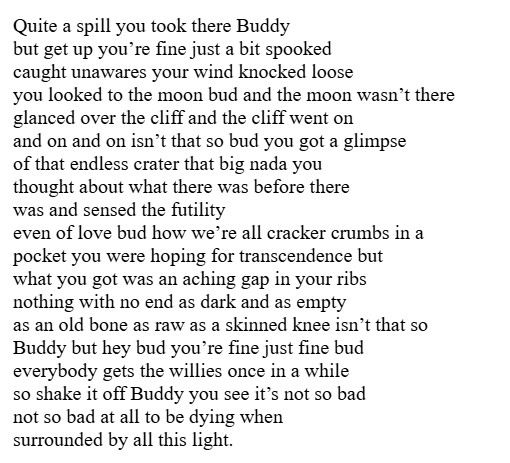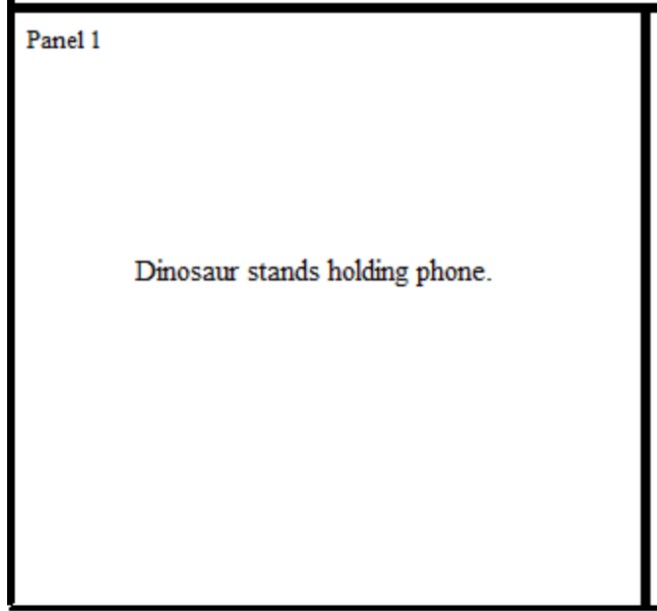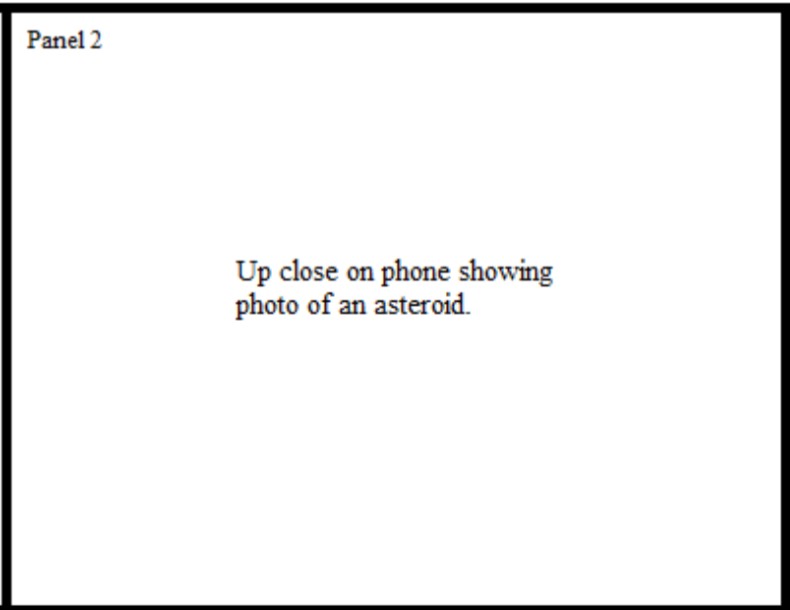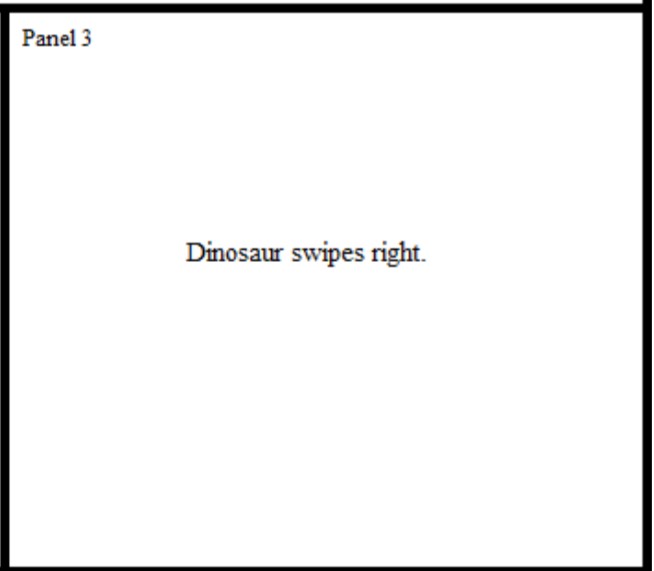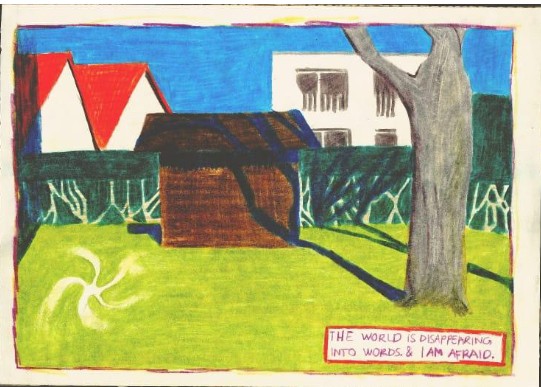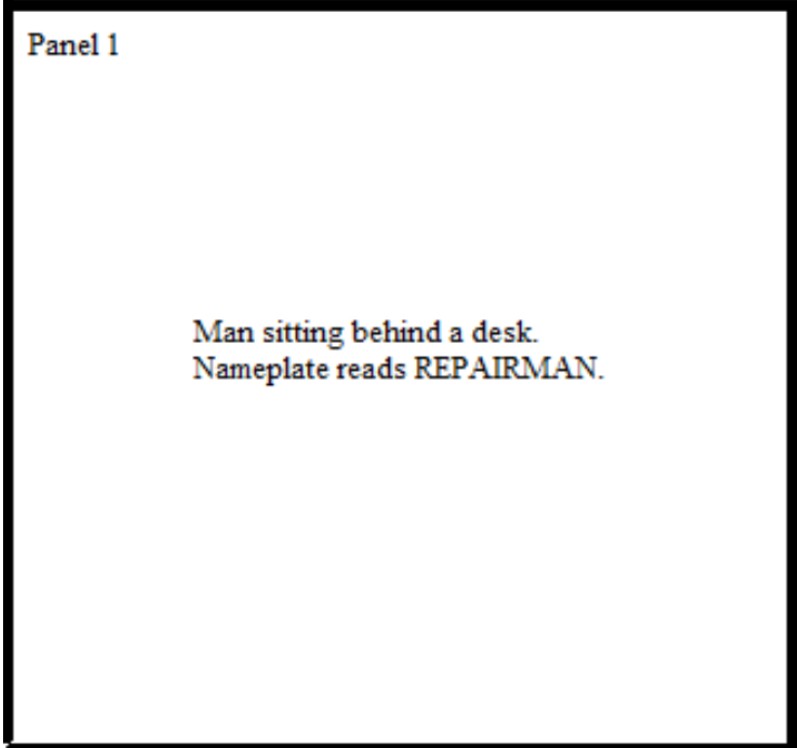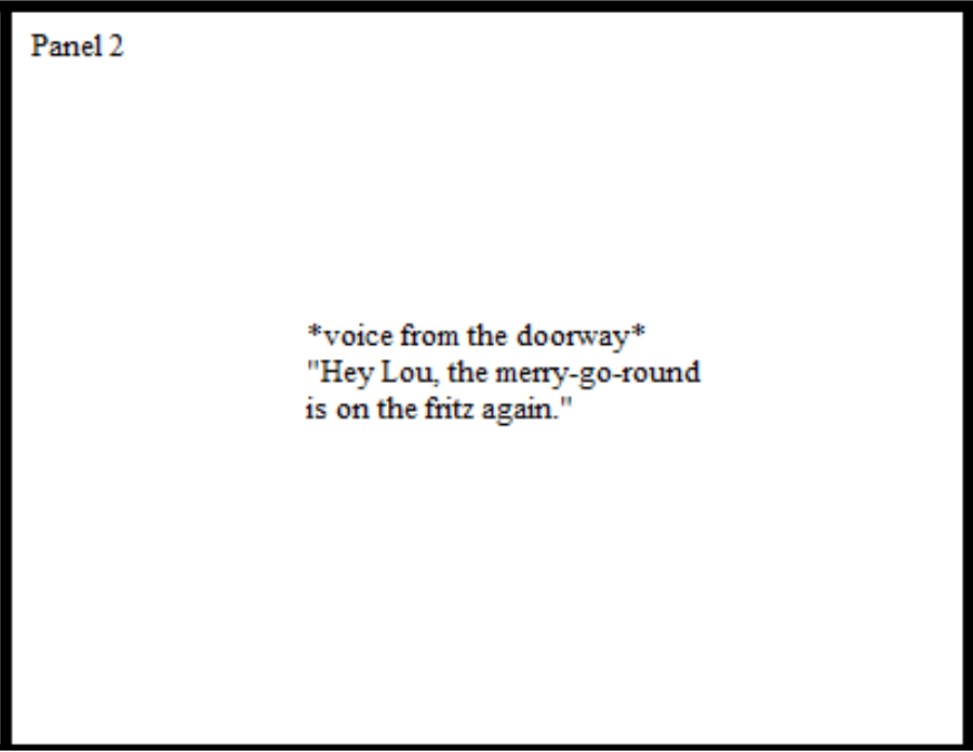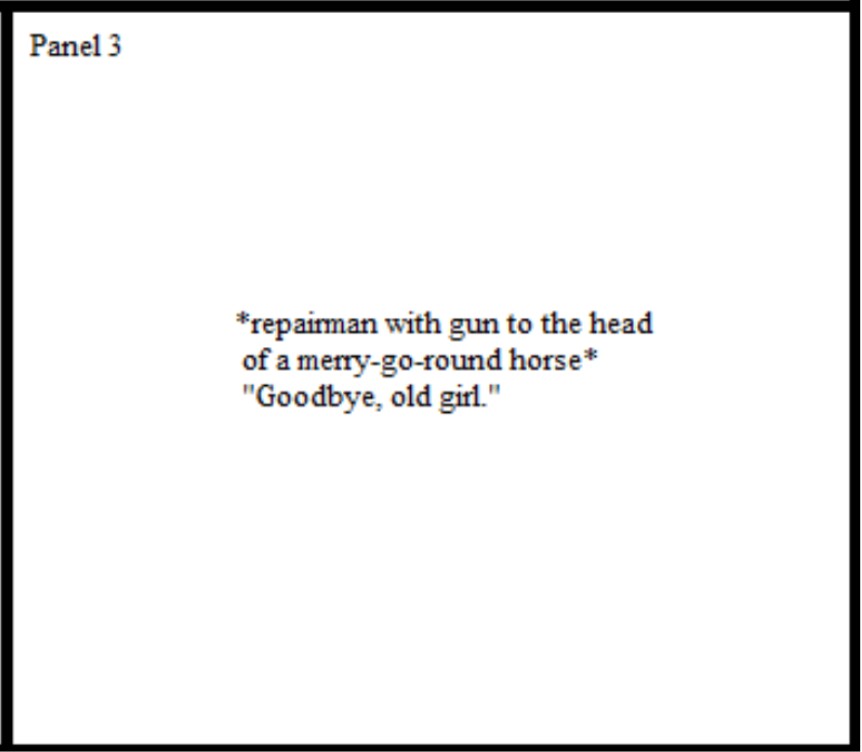By Kyle Kouri
Yves is dating Alfonse who’s in love with Paulo who’s fucking Stefan who’s focused on his career but married to Sydney who knows he’s gay but feels safe because they’re best friends, which makes Cristof jealous because he’s pining for both of them; and Cristof’s brother Rosco is dating Nifath, mysterious Nifath, and they’ve been in an open relationship since July when Nifath got distant and Rosco suggested they experiment; but Nifath’s been fucking Conroy since May of last year and Conroy hasn’t been tested for decades (no self-reflection); he’s been drinking with Jason who can’t get his dick hard but has been thinking it’s because he has feelings for Seana, the trans girl, who dated Sarah all throughout undergrad; and Sarah, stubborn Sarah, feels cheated because Seana’s not Sean anymore, in fact she’s never been, just appeared that way, and Sarah’s straight and sure of it, but did have a few experiences with Massie, the Bohemian, who swears relationships are soul-suckers, monogamy equals weakness; though in high school Massie dated Scottie, who is a cheater with a big ol’ penis, and has never once been loyal, but is charming, and still supported by his mother, who’s having an affair with Aldo, her personal trainer who does this frequently; and Aldo’s brother Santo is in prison and having a hard time while doing hard time because his girlfriend Mary is pregnant and works at the ShopRite which Peter has managed for sixteen years; and Peter, peculiar Peter, has had physical contact with another human only once during his entire adult life, instead he looks at little kids on the dark web; and sometimes, around lunchtime, he’ll make a detour carrying his canned tuna and pass by the elementary school’s playground where Fanny, Ms. Fanny Appleton, is the teacher and always gazes warily around the perimeter, because she’s worried about just this kind of thing; she purses her lips, eyes vigilant, and waves at Peter but doesn’t suspect him, because at the ShopRite he’s always been a nice man, a little sweaty, true, but even makes Ms. Appleton’s nephew laugh; this kid’s name is Stephen, and when Fanny’s babysitting, they stop by the store for ice cream sandwiches, but she has never noticed Peter touch him inappropriately, which, on one occasion, Peter has; anyway Ms. Appleton is single, has not had a boyfriend since college, where she was manipulated by Michael into doing things that didn’t feel right; and then one night Michael snuck into her dorm room, wasted, and raped her; now Fanny trusts no one and lives a quiet life but has a crush on Lucien Carr (no relation to the murderer), who teaches English and seems in Fanny’s opinion sweet but sad too, and everyday she swears she’s going to ask him out for coffee, but just hasn’t committed yet; and Lucien doesn’t realize she’s even interested, because the truth is he has a drug problem, and every day after his class he goes home alone, draws the blinds, snorts cocaine and drinks alcohol until he’s completely deranged, then sleeps for two hours, wakes up the next day, and repeats the same thing; sometimes he picks up his phone to call Courtney, then changes his mind, because Courtney was his wife and his best friend but then got sober, they both went through the Program, and she changed, he couldn’t beat it, so she left him, and now he’s back on a bender; and Courtney, somber Courtney, sweet, sad Courtney goes to meetings every evening and spends her days working at T-Mobile, just trying to get by; on occasion she flirts with Teshawn, her co-worker, he makes her laugh, they take break at Chipotle; Teshawn’s twenty-one and goes to the community college with Rasheeda, who he’s in love with, and she likes him, but he’s so nice, she finds that off-putting; plus she likes to go out on the weekends, in the city, where she meets Sky Pepper; and Sky Pepper, so Sky Pepper, is a model and comes from money and once her and Rasheeda went home with Sven Odenfield, the photographer, and they had a threesome, which was fun but a little intense for Rasheeda, though Sky doesn’t remember it; Sven remembers it, in fact he catalogued each moment of the evening in his Moleskine, because that’s his thing, along with photography, he’s in love with pleasure, has fucked half the city, and meticulously records each conquest; but Sven, complex Odenfield, still Facebook stalks Nadia, his step-sister, who lives in Berlin and will not return his phone calls, plus things were never the same after what happened that one night, when they shared a hotel room next to their parents and both got drunk off the liquor in the mini-bar; and their parents are swingers, they go to the private parties that Thor hosts; and Thor is from the midwest but got outta there the day he turned eighteen, and lives glamorously, hosting orgies, with celebrities, but has a soft spot for his sister Irene, who moved to New York, but couldn’t make it and so moved back home and married Alan, her high school sweetheart, who’s perfectly content in Wisconsin, he’s an engineer, would never leave there, couldn’t imagine life outside of Waukesha; and now Irene’s pregnant, she’s only twenty-five, and Alan is overjoyed (also in debt) and Irene is happy, she has always wanted to be a mother, but she wanted a career too, that’s why she moved to New York, but now it seems that ship has sailed; so once a week Irene FaceTimes her best friend Meredith, who moved to LA, and isn’t sure exactly if she’s the only one but is pretty sure she’s now dating Smash Lowe, yes, that one, the movie star, and is having so much fun and, “No, no, Irene, I do not have a coke problem, I don’t do it during the week, okay? Anyway I’m young! And Oh Irene, oh my god, you’re so freakin’ preggers!!!” and Meredith is having a great time, really living life, posts often on Instagram, but she’s secretly jealous, because throughout childhood she was in love with Alan too; her, Irene and him were inseparable, sometimes they all slept in the same bed, and Meredith once even, just once, after they’d been drinking, tried to kiss Alan but he was honest, he was loyal, he said, “Gee, Mer…I….I’m with Irene!” and was truly baffled, simple Alan, he was embarrassed, felt his honor compromised, but Meredith sobered up, she said, “Of course, no, you’re right, I’m sorry, can we just forg”—and Alan interrupted her, stood up very straight and said, “Enough,” then went into another room of the party and spoke to Johnny who developed his alcoholism at a young age and now is dead after taking too many Lorazepam on a March night, after a long bout of drinking, a few years ago; and at Johnny’s funeral his mother Aubrey cried, and his father Alec held her, stoic, but his mouth twitched and he thought that later that night, he’d sit by the fire with Skaal, his brother, who just flew in from Norway; and Skaal used to be easygoing, believed in the essential good of things, was always smiling, didn’t watch indie movies, liked buddy comedies, but that was before the Norway massacre, which killed 77 people, one of which was Anita’s little brother (that’s Skaal’s girlfriend); I shall not say her brother’s name, respect for the family, understand, but after the murder Anita became focused, she became political; Skaal, in contrast, became quieter, more sensitive, had less conviction, the world made less sense to him, and so when Alec called about his son’s death, Skaal’s nephew, Skaal blinked twice, held the phone and felt utter numbness; that trance persisted the entire flight to Chicago and still at the airport; and walking through the long terminal, dazed, startled by ascending airplanes, Skaal accidently bumped right into Olivia; and Olivia, who was about to board her own flight, took this as a sign; she turned around, left the airport, and caught a taxi back into the city, and ran to Henry, he was just stepping out of his apartment, she embraced him, and Henry was shocked, he thought he would never see her again, and he held her, but was anxious, frankly part of him had been excited for his new life, and thus was not expecting this return; and one night a month later, Henry got a little drunk and struck up a conversation with a woman at the bar near his office, she was wearing a black slip, her name was Terry; and Terry knew his type, she did this often, she got him wasted and then she fucked him, then kicked him out of her apartment and smoked cigarettes, thinking men are idiots, they are malleable, they are so easy; and Terry was the hostess at a very upscale restaurant on the Northside; and one night the famous musician and notorious womanizer Augie Rainwell came to the restaurant and ignored Terry, he did not seem interested, she was astonished; the fact was, however, that for Augie it was nothing personal, he was secretly dealing with an eruption of genital herpes, and that was affecting his confidence, he looked around the restaurant warily, helplessly, thinking everybody knew his deformity, everybody was doubting his masculinity, his sexual viability; he had no idea who had given him herpes, there were about seven women and two men that it could have been; and what was worse, the worst part of it, was that Augie was married to Jaclyn, and he had slept with her twice, without protection, since fucking strangers, without protection, and so now it was possible, perhaps likely (who knows how it really works), that Jaclyn also had genital herpes and would, once and for all, know that Augie was cheating on her; and Jaclyn, fed-up Jaclyn, would finally move out and go stay with her mother; and her mother, Avi, in the living room, would say, “I knew that boy was no good for you,” and Jaclyn would say, “Oh mother, please!” and turn away, look at their wall of photographs, where her grandmother Maya is featured prominently; and Maya was a Holocaust survivor whose husband Ira didn’t make it, but whose best friend David made it; and after the Holocaust, David wrote a book about the horror, but it was never published, and so he became a businessman, was quite successful, he married and lived a long life, ending up in a lovely home where he had a nice relationship with the nurse Genevieve, who is a redhead; and Genevieve loves to fuck, but has this feeling, this deep-rooted conviction, that abstinence is the only true path to happiness, but if that is the case she prefers unhappiness, and so has many lovers, and many secrets; and each one of these lovers say the same thing: “Genevieve was, by far, the best I ever had, but honestly, to this day, I know nothing about her;” and one of these lovers was Elliot, and Elliot has had a strange life; not only did both his parents die on 9/11 (one of those freak things, they were just visiting), he also happened to be in one square mile of two mass shootings in real life (one Isis-related, the other a white kid, with a micro-penis and a manifesto); but Elliot is committed to mathematics, he refuses to become superstitious, and right now is in grad school, getting his PHD; and Elliot, ponderous Elliot, the orphan prodigy, has never been in a relationship that lasted more than six months, they’re not practical, plus he cherishes his alone time, takes long walks, and thinks about probability, possibility, the infinite number of things that could happen to you, the infinite ways in which they could happen too, and the ways that lives intersect and influence each other, or maybe never cross paths at all, he thinks about all of this; and one day Elliot passed a family on one of his long walks; it was a mother, father, and their young boy; and that little boy was me, many years ago, my family lived around the corner, in that neighborhood, this was our park, it was small, now I see that, but back then it was the world to me; I held my mother’s hand and looked up at my dad’s body, obscured by sunlight, a vague shape, this awesome bulkiness, I tried to grab his leg, but he was too far ahead, didn’t even notice I wanted him; not at all; my father was focused on a sculpture, in the garden; this sculpture was a rabbit with big and ugly, rotting buck teeth, it wore a top hat and a sports coat, it held a watch in one paw and between two fingers on its other hand it balanced a scale, but unevenly; this rabbit smirked, taunting, mischievous, he knew everything, she was not impressed with it; they were sexless, gushing with sex though; I stared at my father and squeezed my mother, tighter, tighter, but then some smell, a floral fragrance, with the slightest rot in it, made me look away; I saw a man with long hair, very thin, very feminine, his shirt was see-through, rib showing, he was almost glowing; getting closer to us; he was not my parents, this excited me, my eyes opened, I tore from the woman who gave birth to me and ran, past the man who fucked her, I ran, and almost tumbled, but stayed on my feet, I ran forward and reached for
Kyle Kouri is an award winning actor, writer, filmmaker, and producer. He received his MFA in Fiction from Columbia University, where he served as the online arts editor for the Columbia Journal. He is the co-founder of Slashtag Cinema, a film production company. Slashtag’s first film, the multi-award winning KEEP COMING BACK, which Kouri directed, co-wrote, and stars in, premiered at Screamfest in October 2024. His writing has appeared in Cleaver Magazine, the Columbia Journal, Ghostwatch Zine, The Los Angeles Press, and Maudlin House. His first book, THE PROBLEM DRINKER, is forthcoming from CLASH Books in 2026. He lives in and around LA with his four rescue dogs and his girlfriend, the writer CJ Leede.


